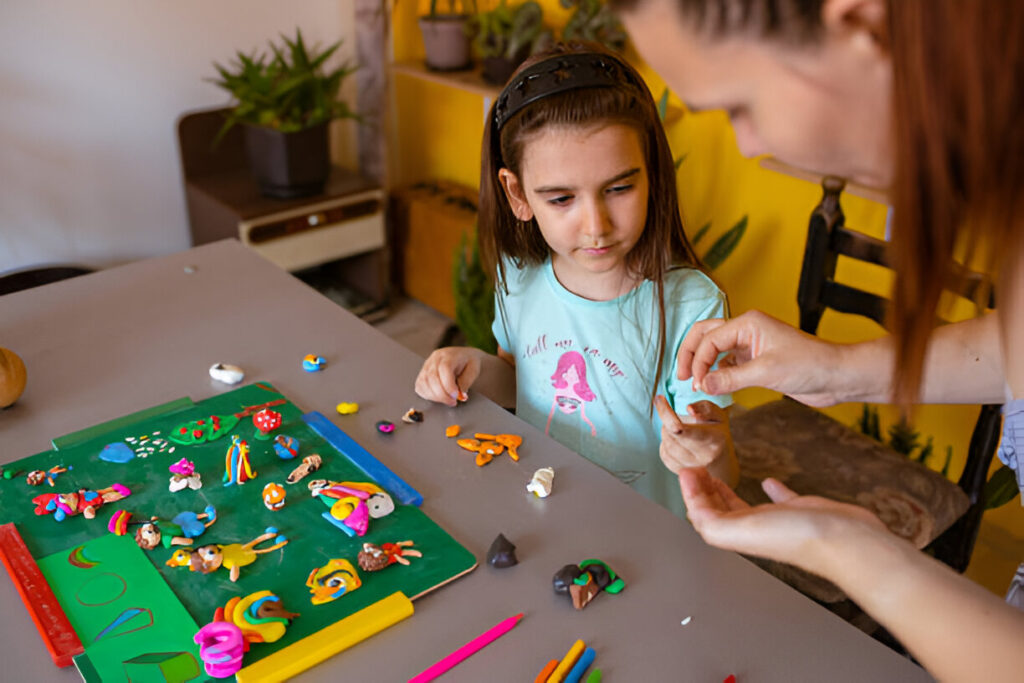Independent study skills are essential for long-term academic success. They allow students to learn, review, and problem-solve without constant supervision. Tutors play a significant role in building these abilities by guiding students toward effective strategies and giving them the confidence to take ownership of their learning. Here is some information on how tutors foster independence through personalized instruction, consistent guidance, and practical study methods.
How Tutors Help Students Build Independent Study Skills
A skilled private tutor helps students plan their work, organize their time, and use active learning techniques. Here, you will also gain insight into how these skills lead to stronger performance in school, better preparation for future studies, and the ability to adapt to new academic challenges with confidence.
Tutors use these structured approaches to help students develop the habits and techniques that make independent study productive and sustainable. Here are some of the most effective methods:
1. Teaching Time Management Strategies
Tutors guide students in creating study schedules that break tasks into manageable segments. By helping them set clear timelines and prioritize subjects or assignments, students learn how to balance their workload efficiently. This reduces last-minute cramming and builds consistency in their study routine.
2. Encouraging Goal Setting
A tutor helps the student identify realistic short-term and long-term goals. This may include improving scores in a specific subject, completing homework on time, or mastering a challenging concept. Clear goals give students direction and make it easier for them to measure progress independently.
3. Introducing Effective Note-Taking Methods
Good notes are the foundation of independent study. Tutors teach students how to organize information, highlight key points, and use diagrams or outlines to make content easier to review. Over time, students become more skilled at capturing important details during lessons or readings.
4. Promoting Active Learning
Tutors encourage students to engage with the material rather than passively reading it. This can include summarizing chapters in their own words, creating flashcards, or explaining concepts aloud. These activities improve retention and help students process information more deeply.
5. Developing Research And Resource Skills
Tutors show students how to find reliable sources, interpret data, and use study aids effectively. Learning to seek out answers independently builds confidence and equips students with the tools needed for academic problem-solving.
6. Building Self-Assessment Habits
A tutor can help students reflect on their performance by reviewing past work and identifying strengths and weaknesses. This self-assessment process encourages them to adjust on their own, which is a vital step toward academic independence.
7. Strengthening Focus And Concentration
Distractions can easily disrupt study sessions. Tutors work with students to create an environment that promotes focus, such as organizing materials in advance, setting clear session objectives, and incorporating short breaks for better mental clarity.
Achieving Academic Independence With Tutor-Guided Study Skills
A tutoring expert provides the structure, feedback, and encouragement students need to transition from guided learning to self-directed study. By mastering these skills, students become more confident in their ability to tackle academic challenges without constant oversight.
Independent study techniques foster responsibility, discipline, and adaptability, all of which are valuable in higher education and professional settings. With a strong foundation built under the guidance of a tutor, students can approach their learning with clarity, focus, and the motivation to excel on their own.

